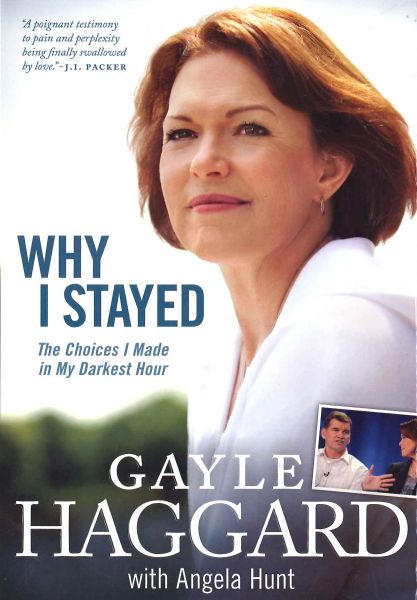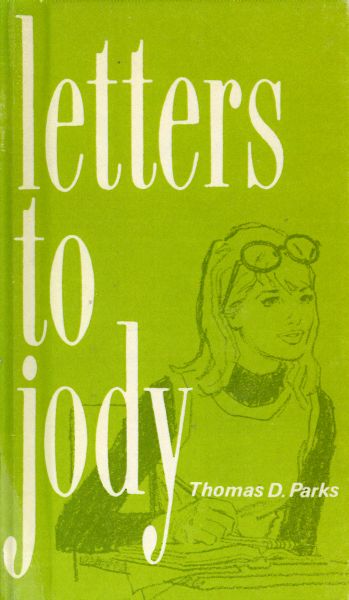A brave British widow goes to Siam and—by dint of her principled and indomitable character—inspires that despotic nation to abolish slavery and absolute rule: this appealing legend first took shape after the Civil War when Anna Leonowens came to America from Bangkok and succeeded in becoming a celebrity author and lecturer. Three decades after her death, in the 1940s and 1950s, the story would be transformed into a powerful Western myth by Margaret Landon’s best-selling book Anna and the King of Siam and Rodgers and Hammerstein’s musical The King and I.
But who was Leonowens and why did her story take hold? Although it has been known for some time that she was of Anglo-Indian parentage and that her tales about the Siamese court are unreliable, not until now, with the publication of Masked, has there been a deeply researched account of her extraordinary life. Alfred Habegger, an award-winning biographer, draws on the archives of five continents and recent Thai-language scholarship to disclose the complex person behind the mask and the troubling facts behind the myth. He also ponders the curious fit between Leonowens’s compelling fabrications and the New World’s innocent dreams—in particular the dream that democracy can be spread through quick and easy interventions.
Exploring the full historic complexity of what it once meant to pass as white, Masked (published by University of Wisconsin Press, 560 pages) pays close attention to Leonowens’s mid-level origins in British India, her education at a Bombay charity school for Eurasian children, her material and social milieu in Australia and Singapore, the stresses she endured in Bangkok as a working widow, the latent melancholy that often afflicted her, the problematic aspects of her self-invention, and the welcome she found in America, where a circle of elite New England abolitionists who knew nothing about Southeast Asia gave her their uncritical support. Her embellished story would again capture America’s imagination as World War II ended and a newly interventionist United States looked toward Asia.
The Kenneth & Margaret Landon Papers (SC-38) are cited as primary source materials and are housed in the Wheaton College Special Collections, available to researchers.
———-
Alfred Habegger is professor emeritus of English at the University of Kansas. His previous biographies are The Father: A Life of Henry James, Sr. and the highly acclaimed My Wars Are Laid Away in Books: The Life of Emily Dickinson. He lives in northeast Oregon.

